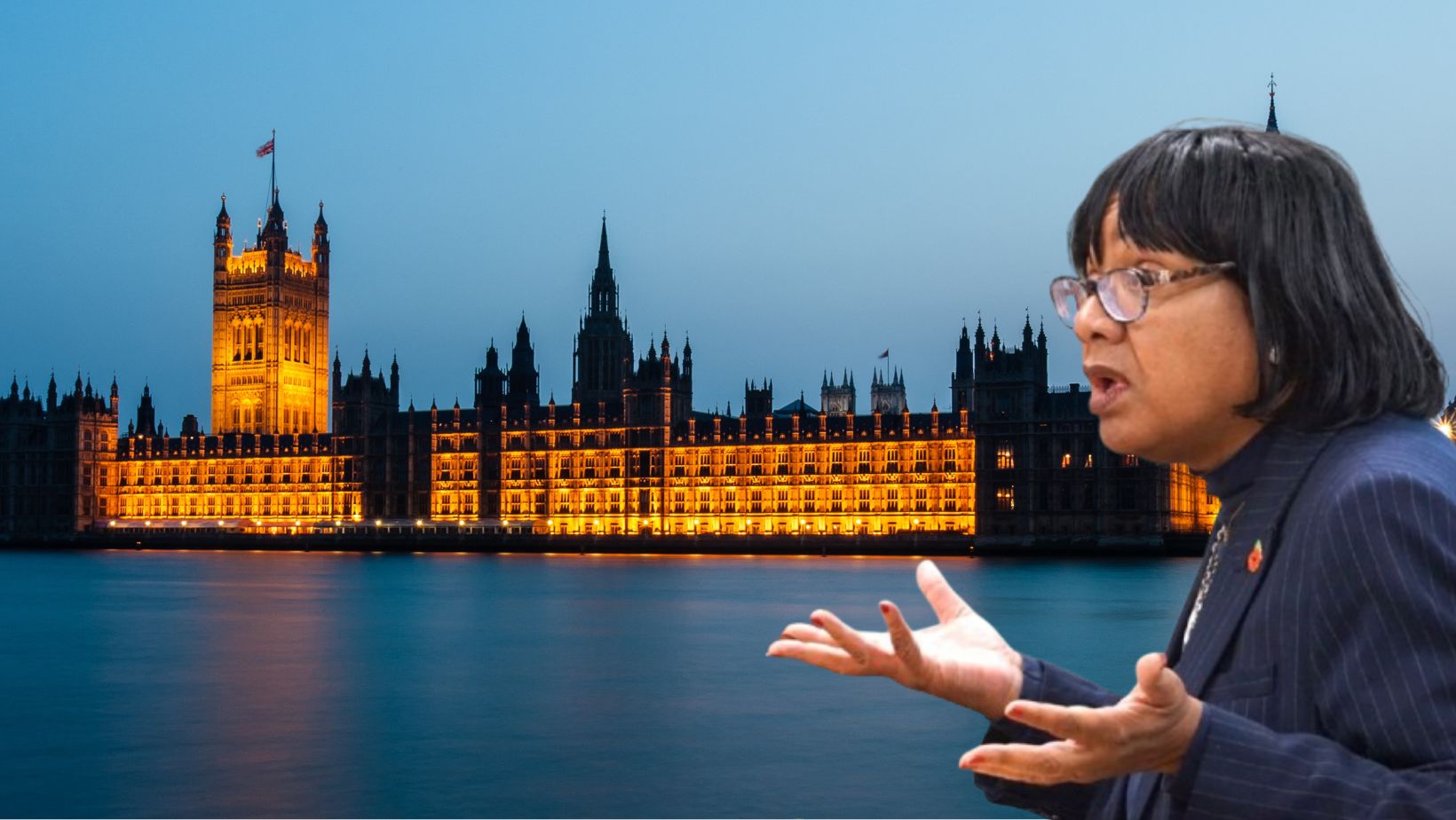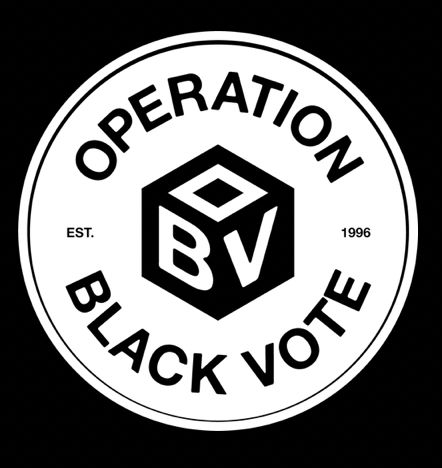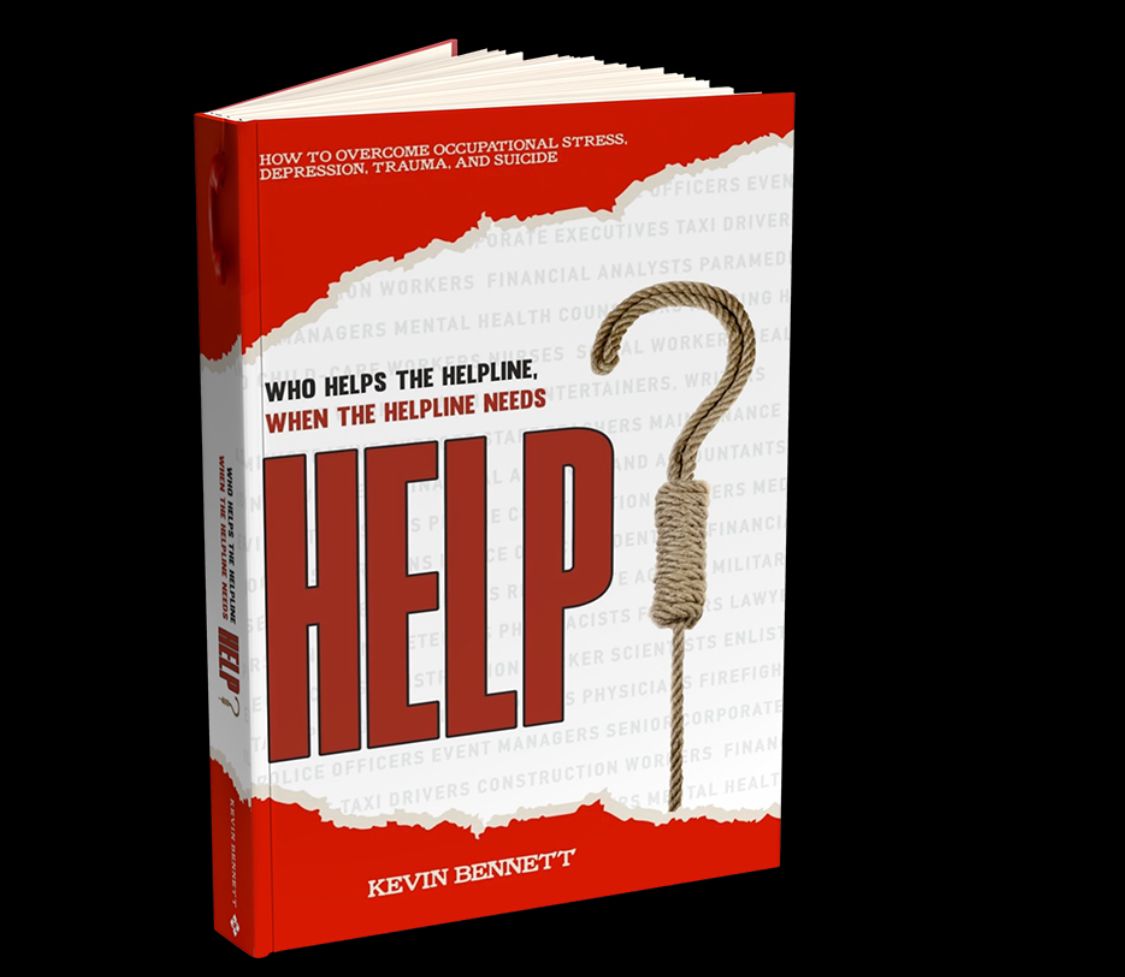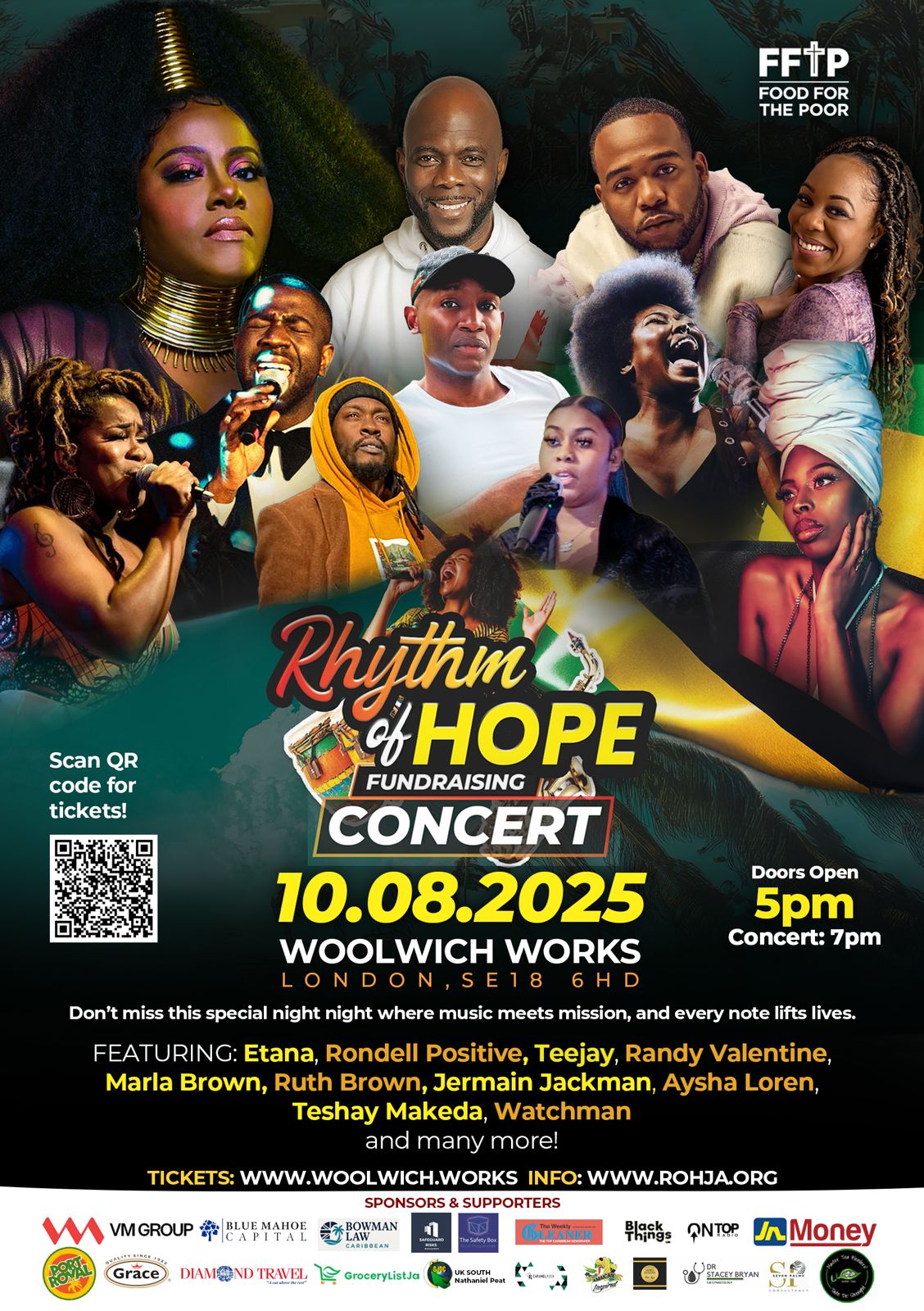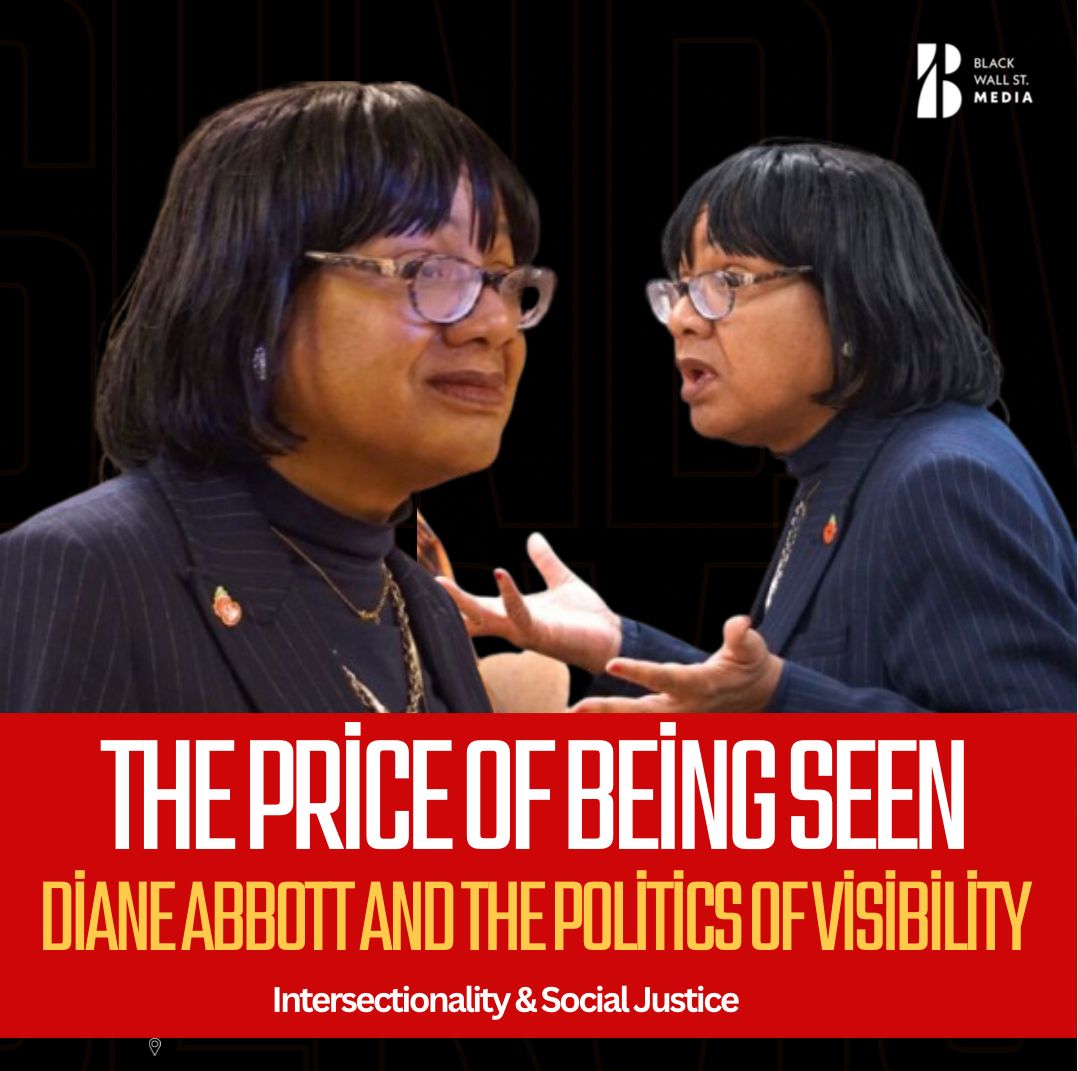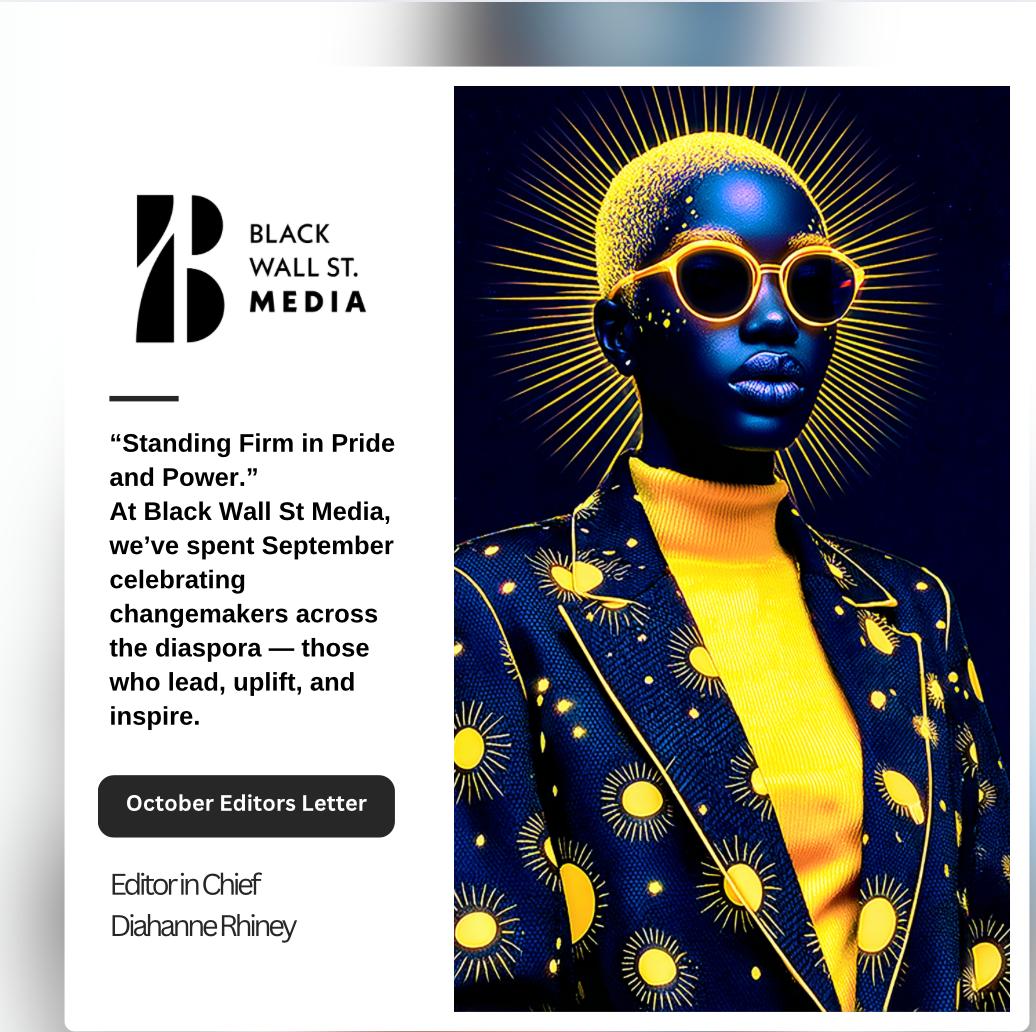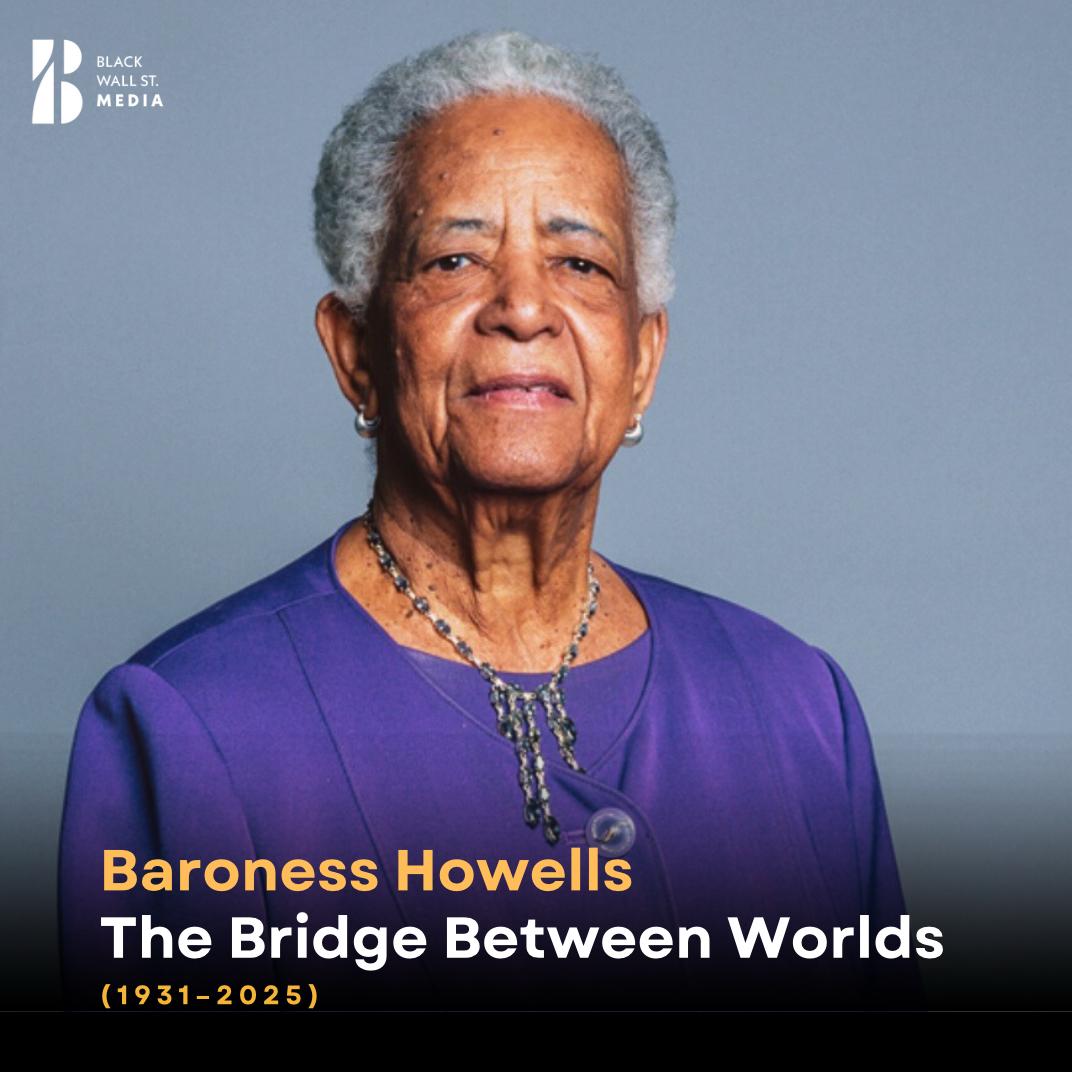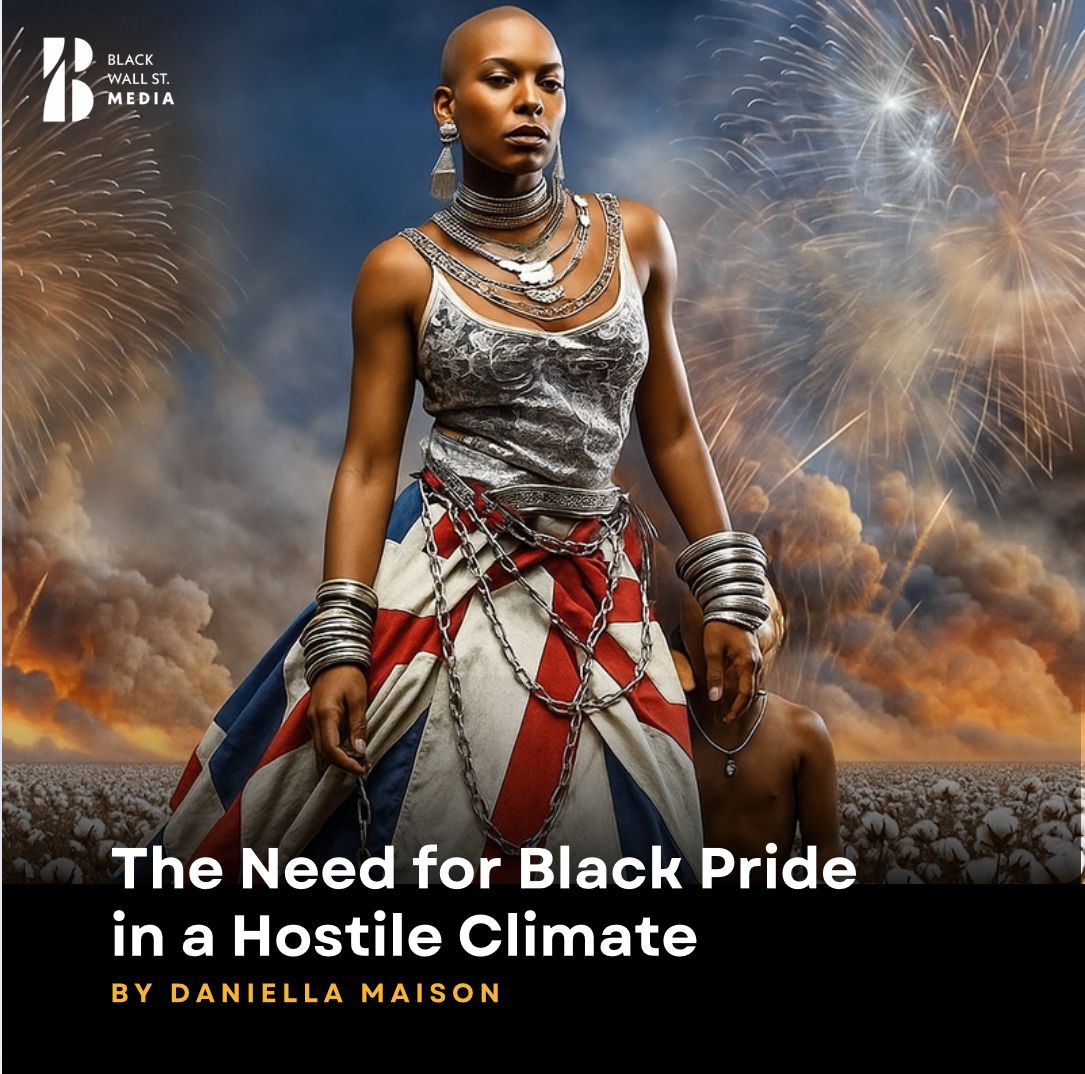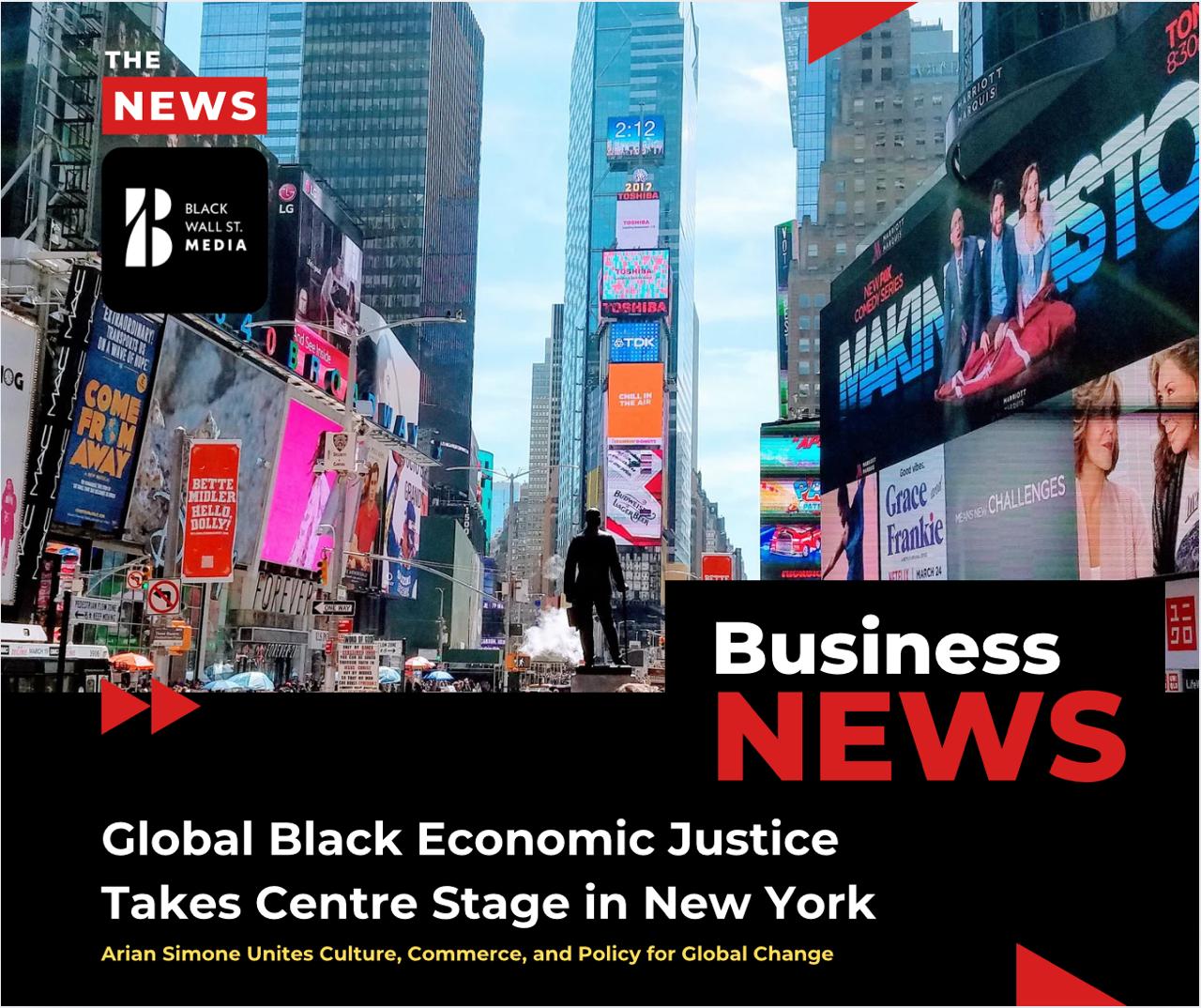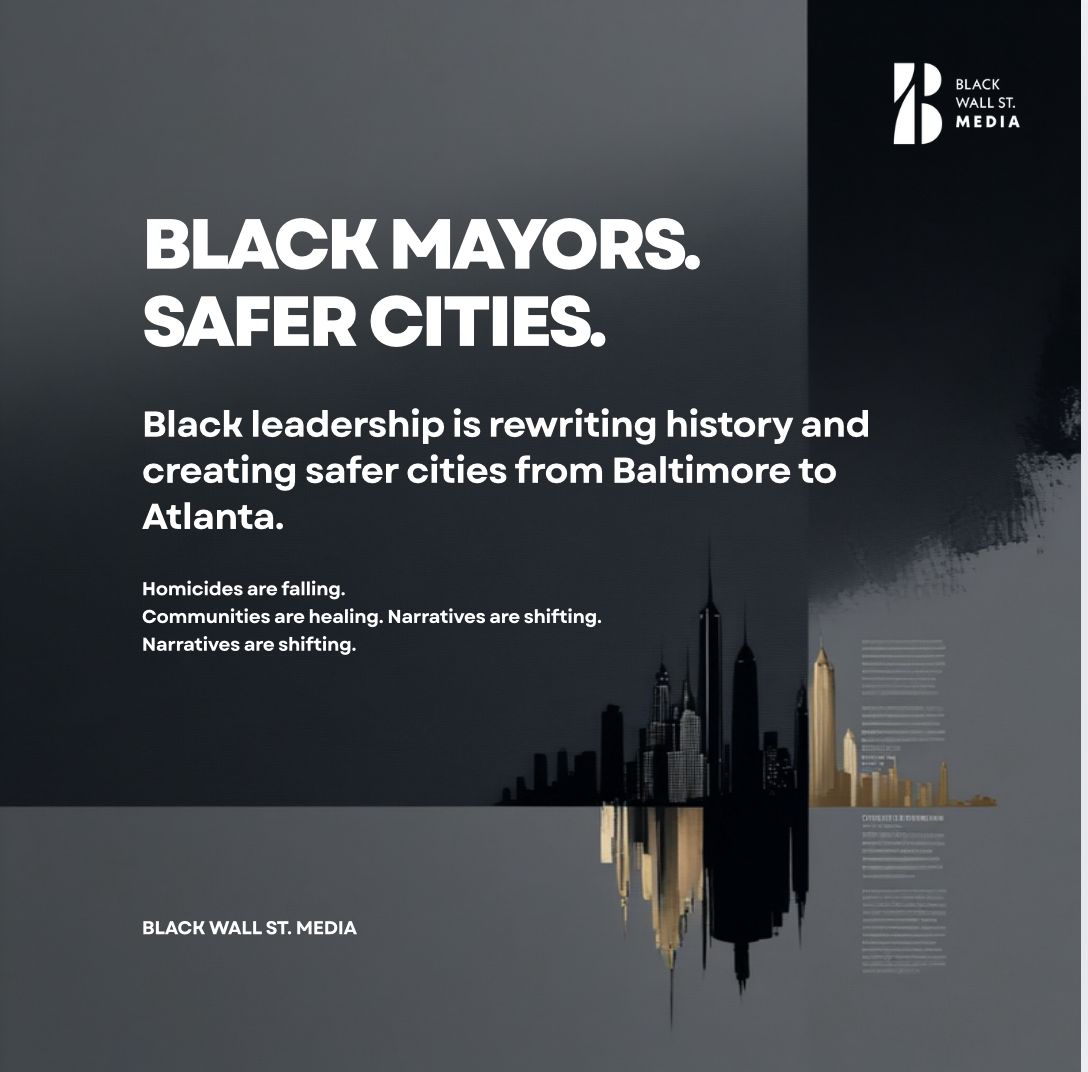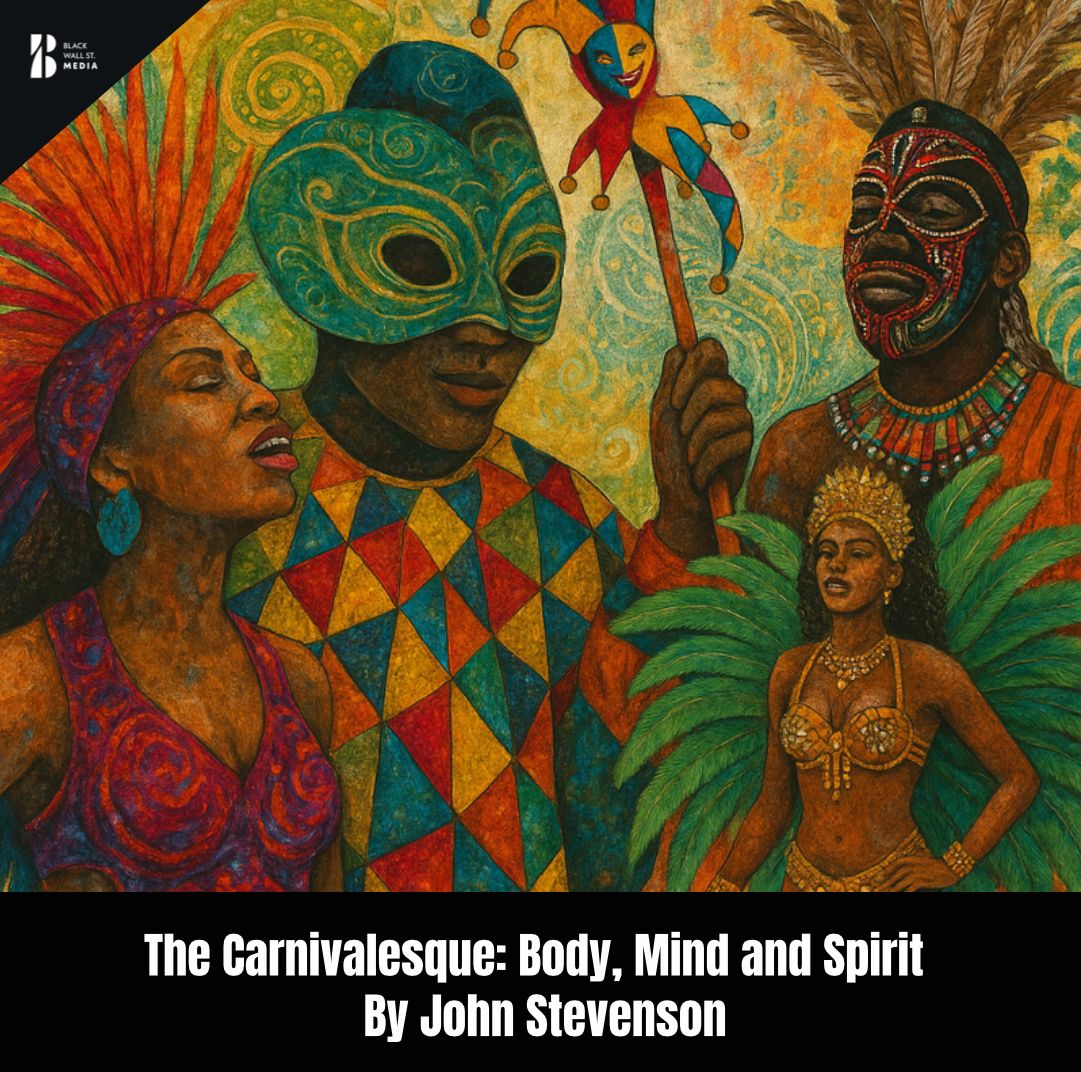Intersectionality and Social Justice
The Crime of Being Visible
“What does it cost to speak the truth while Black, female, and visible in Britain?
Diane Abbott has been suspended—again. But this moment goes beyond party politics or headlines. It asks a harder question: What happens when a Black woman names a truth this country isn’t ready to hear?
“The Crime of Being Visible” is not just about one MP. It’s about what Britain does when marginalised voices speak clearly, unapologetically, and from lived experience.
A searing read on race, power, and the ritual of silencing.
Read the full article:”
BWSMCONTRIBUTOR
The Crime of Being Visible
By Black Wall St Media
Diane Abbott has been suspended once again — not for corruption, nor incompetence, but for telling a truth that Britain does not want to hear.
She named a reality lived by millions: that racism rooted in skin colour is not simply an abstract evil but a daily, visceral violence. A violence that strikes before a word is spoken. A violence that begins with the gaze. For this, she is being disciplined.
It is not the content of her words that threatens the Labour Party — it is their clarity.
A Voice Britain Was Never Ready For
Diane Abbott has never been palatable to those in power. From the moment she became Britain’s first Black woman MP in 1987, her very presence was political. Her voice — assured, experienced, often unvarnished — has always unsettled the establishment. Not because it was rude or reckless, but because it refused to flatter a nation addicted to its own myths.
And now, as before, the machinery moves to silence her.
It is a pattern we know too well: reward Black visibility when it is celebratory, symbolic, or silent — and punish it the moment it becomes inconvenient.
This Is Not About Offence — It’s About Order
Much has been made of a letter Diane Abbott wrote over a year ago, in which she argued that while Jewish, Irish and Traveller communities experience prejudice, racism directed at visibly Black people operates differently — with immediacy and danger.
This statement was neither hateful nor new. It was an articulation — clumsy perhaps in form — of a lived, layered experience.
Yet the response has been swift and severe. No conversation. No engagement. Just removal.
We must ask: what are we punishing here? The opinion itself — or the audacity to voice it while Black, while female, and while refusing to bow?
Intersectionality Is Not a Slogan. It’s a Struggle.
There is no way to understand this moment without acknowledging Diane Abbott’s intersecting identities. She is not simply a Black person. Not simply a woman. Not simply working-class. She is all of these — and each identity multiplies the scrutiny, narrows the margin for error, and heightens the cost of truth-telling.
What we are witnessing is not an isolated disciplinary process. It is the culmination of decades of hostility directed at a woman who entered British politics without apology. A woman who never asked permission to exist in spaces not built for her.
Intersectionality, coined to name these overlapping oppressions, is not a concept Abbott studied — it’s one she has lived, publicly and at great personal cost.
Silencing as a Form of Power
It would be easier to believe this was a simple party matter if we had not seen so many others — often white, often male — given second chances for far graver infractions.
What Diane Abbott is facing is not proportional. It is political.
It is what happens when someone at the margins speaks too clearly for the centre to feel comfortable.
It is what happens when a Black woman refuses to soften her voice to make her truth more digestible.
It is what happens, time and again, when institutions cannot reconcile their stated values with the reality of their actions.
The Real Cost
If Labour believes it can sacrifice Abbott quietly, it misjudges both history and the moment.
What is at stake here is larger than party lines or individual careers. It is the moral credibility of a country that claims to value equality, yet recoils at its most honest voices.
To remove Diane Abbott for speaking the truth of her experience is not neutrality. It is cowardice.
It is not discipline. It is erasure.
It is not justice. It is a message.
And that message is clear: Black voices are welcome in British politics, but only when they whisper.

